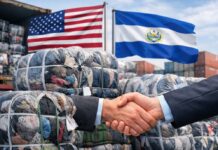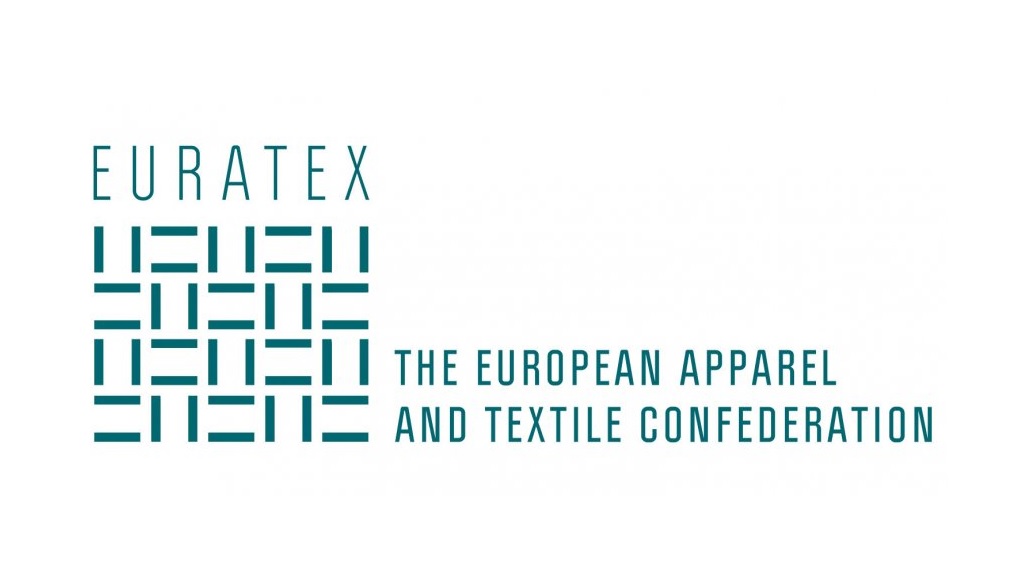Euratex, the association based in Brussels representing approximately 200,000 companies in the textile sector, has released a detailed position paper regarding the European Union’s proposed Free Trade Agreements (FTAs) with four significant Southeast Asian nations: Indonesia, Malaysia, the Philippines, and Thailand.
The association is fervently in favor of swiftly finalizing these FTAs, emphasizing their potential to enhance the competitiveness, resilience, and sustainability of the European textile and apparel landscape.
With over €60 billion in annual exports, the European textile industry is significantly globalized, with small and medium-sized enterprises (SMEs) accounting for more than half of this figure. Given the increasing pressure from global competitors, particularly from China, Euratex asserts that the EU must take proactive steps to diversify its trade relationships, reduce dependency, and explore new opportunities within the ASEAN region.
Euratex is pushing for FTAs that promote open and efficient markets by lowering tariffs and minimizing trade barriers, as well as emphasizing the legal protection of intellectual property rights for European firms.
The association also underscores the importance of aligning sustainable development goals with internationally recognized social and environmental standards, while advocating for reforms in the World Trade Organization (WTO) related to subsidies and public procurement.
A trade agreement with Indonesia, a significant player in Southeast Asia, would facilitate improved market access, lower non-tariff barriers, and bolster EU investment. Meanwhile, Malaysia could serve as a strategic entry point for EU businesses looking to penetrate broader Asian markets and establish high-value manufacturing collaborations.
The Philippines presents an emerging market with increasing demand and opportunities for enhanced alignment with EU standards, while Thailand is positioned as a strategic trade hub that can offer resilient supply chains and streamlined customs processes.
To ensure that these agreements yield mutual advantages, Euratex emphasizes the necessity for contemporary rules of origin, effective customs enforcement, the elimination of non-tariff barriers, and access to public procurement. Additionally, consideration should be given to incorporating Turkey into the Malaysia agreement.
In light of escalating geopolitical uncertainties and the global overcapacity of synthetic fibers, Euratex views these FTAs as a strategic measure. They believe these agreements will not only secure fair trade practices but also strengthen the EU’s foothold in a region critical to the future of sustainable and competitive textiles.
































